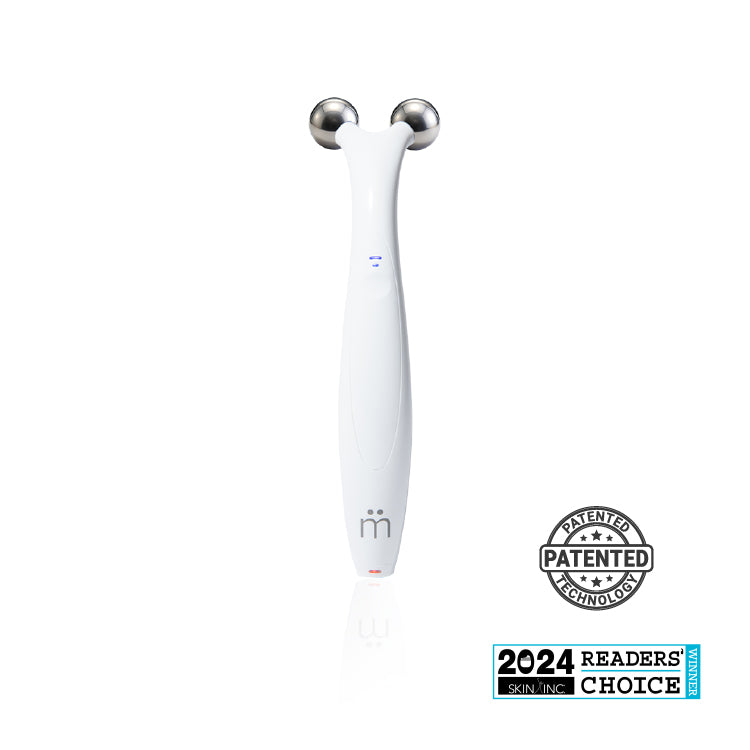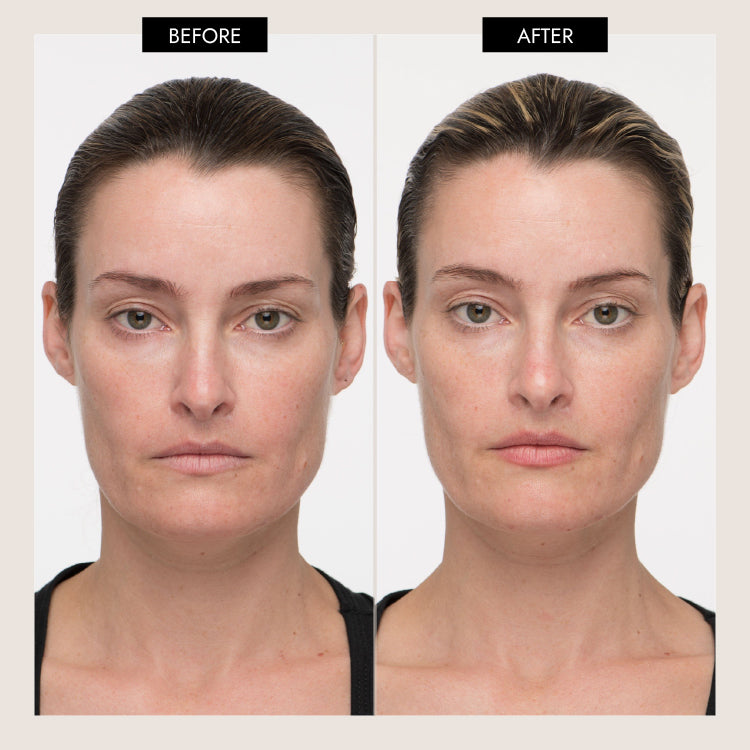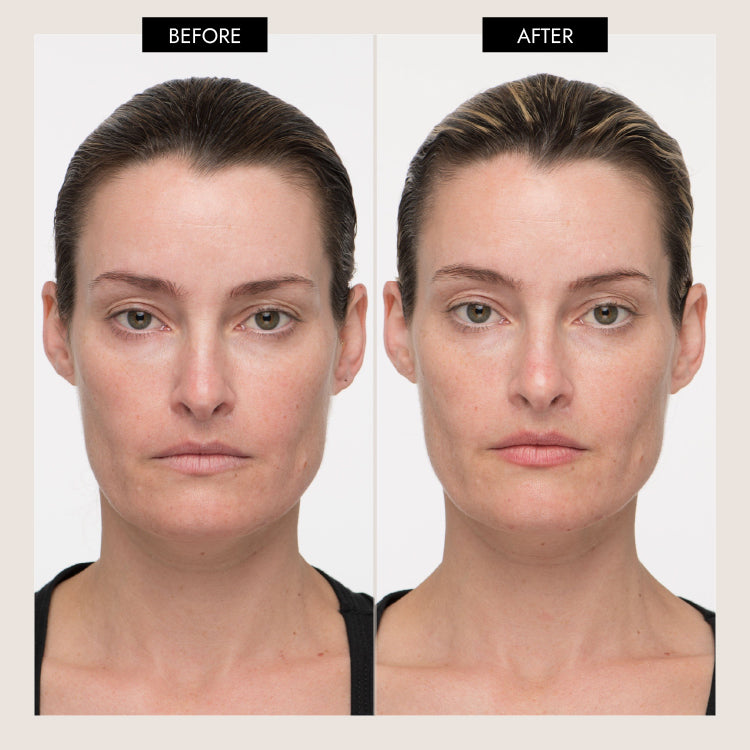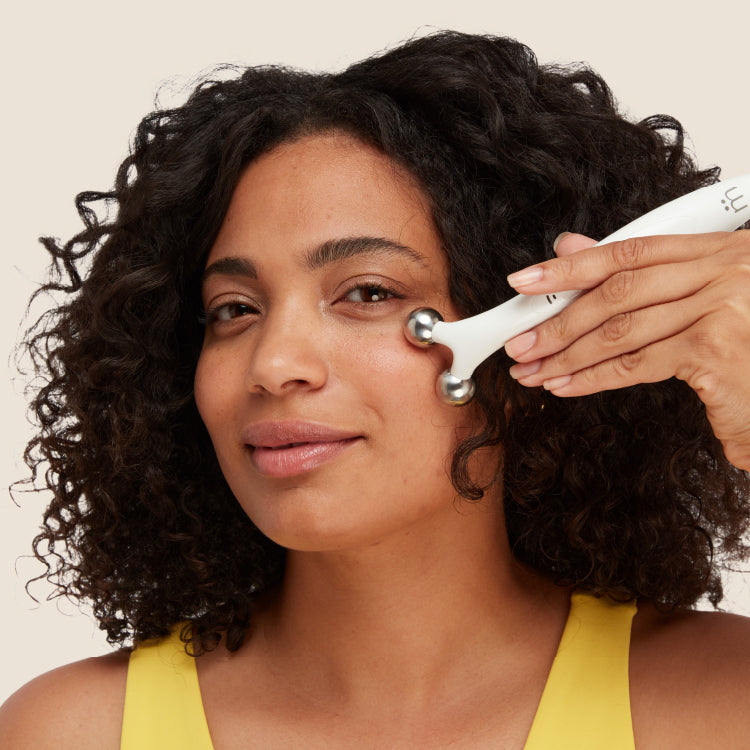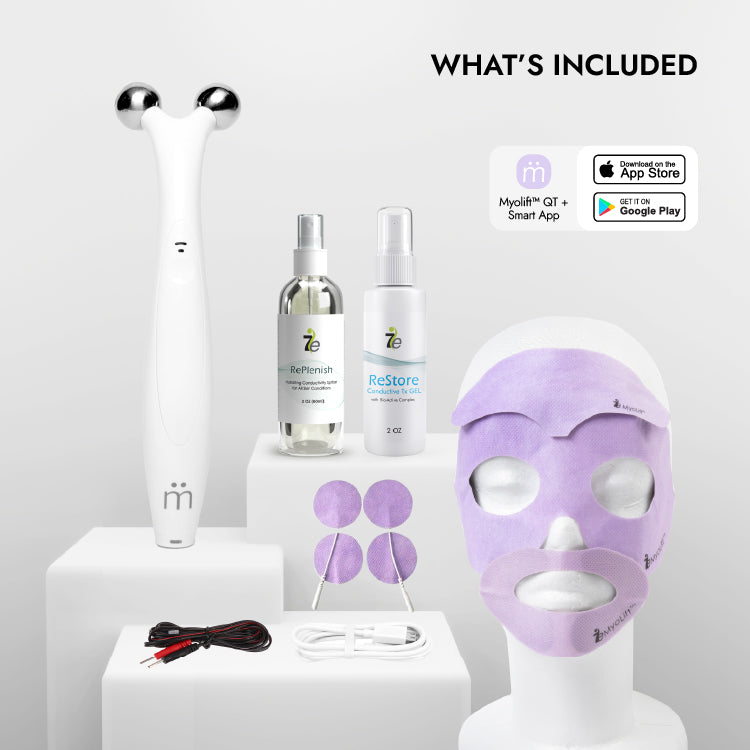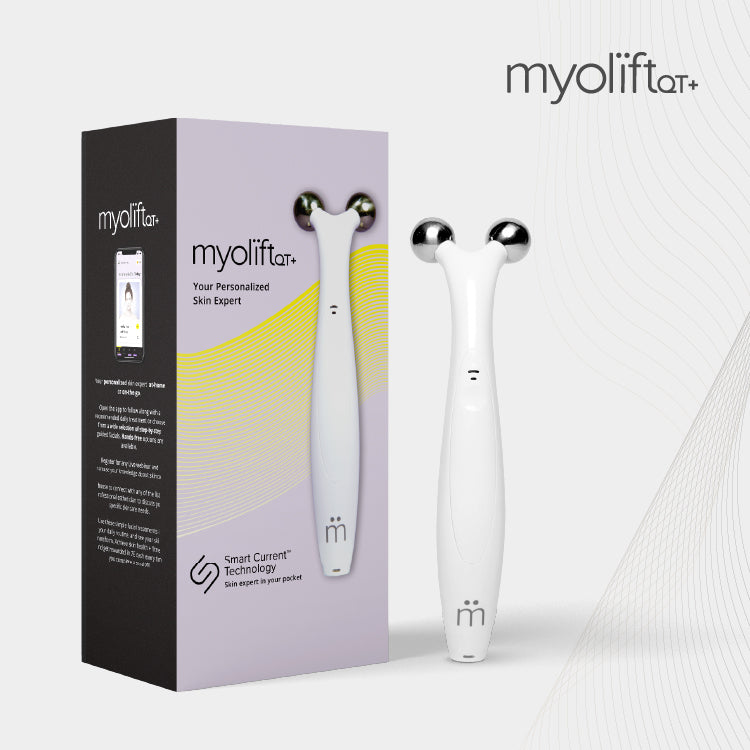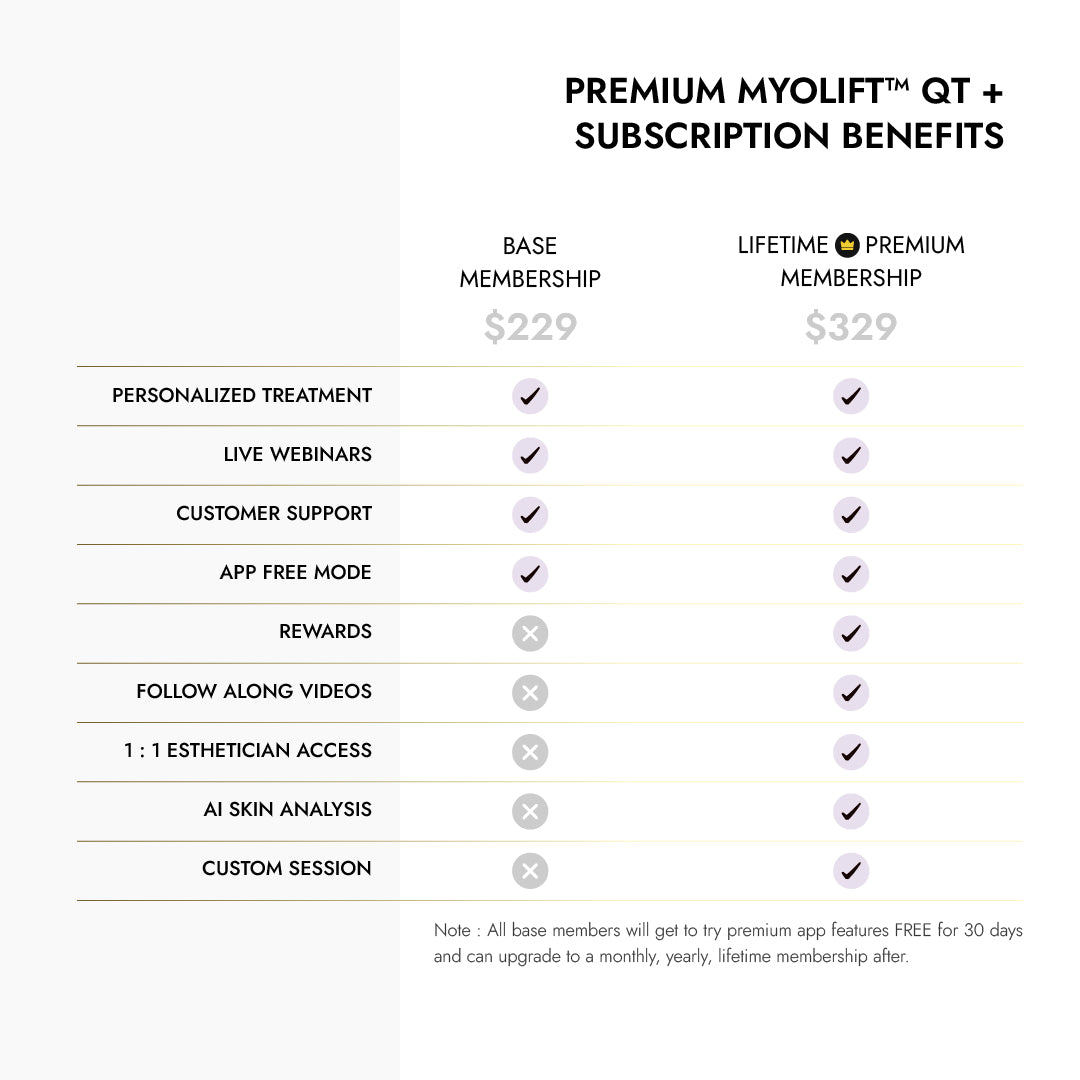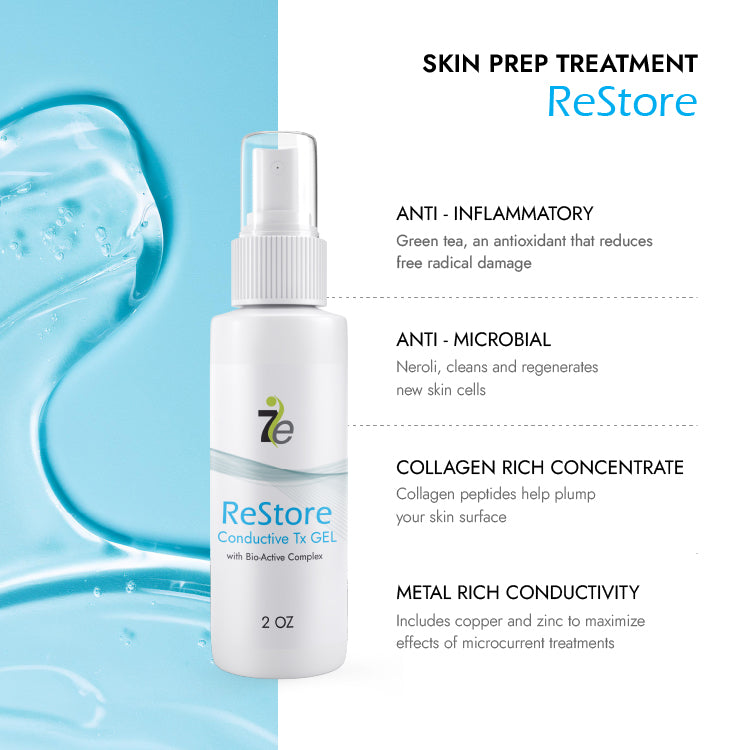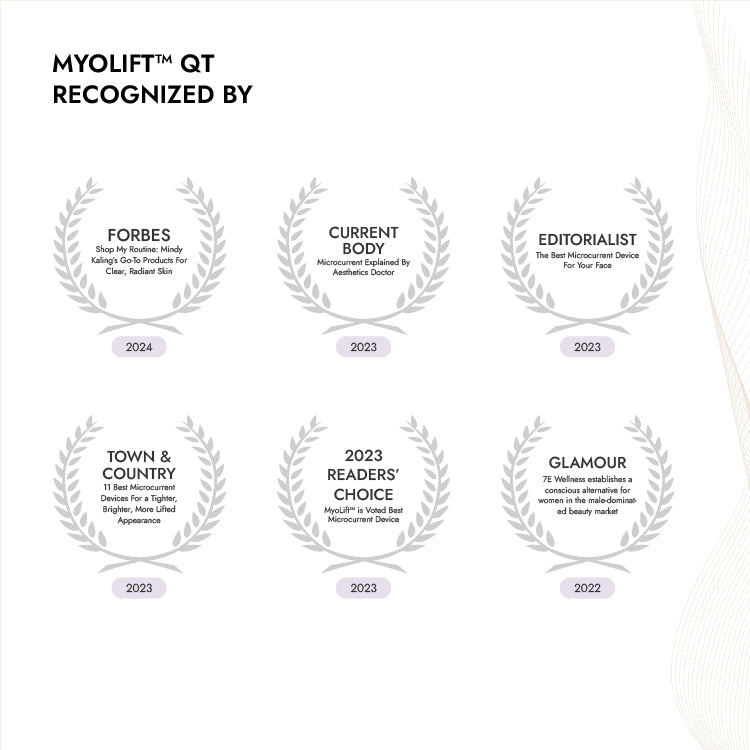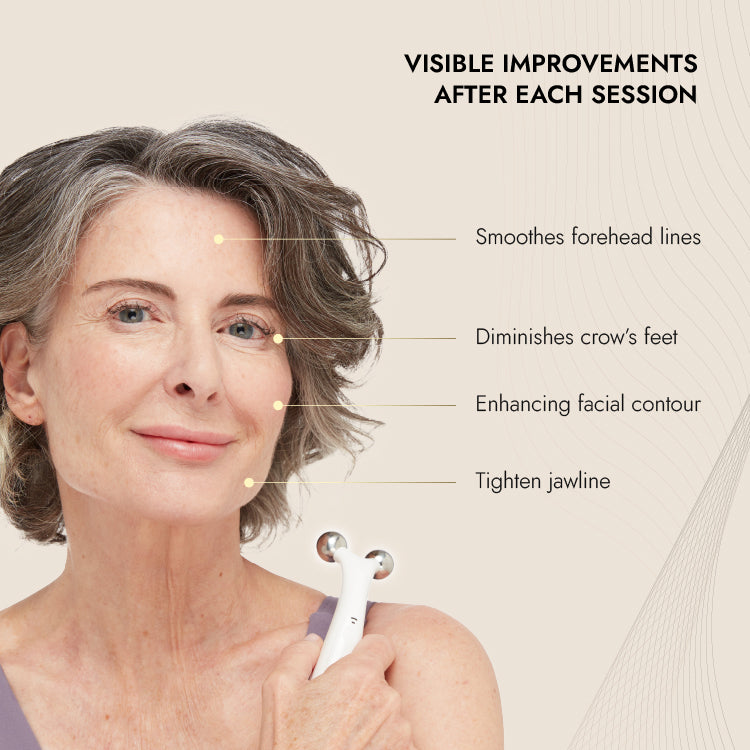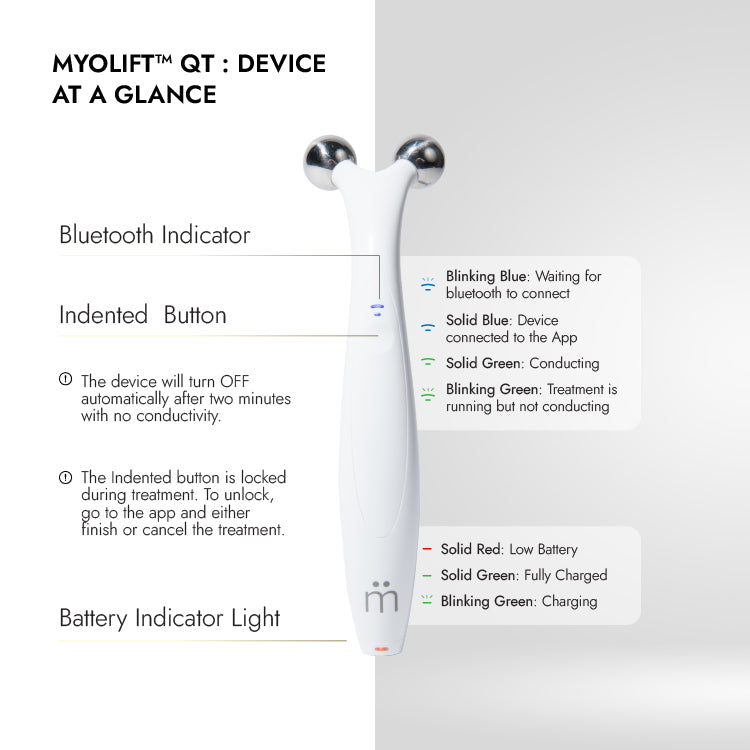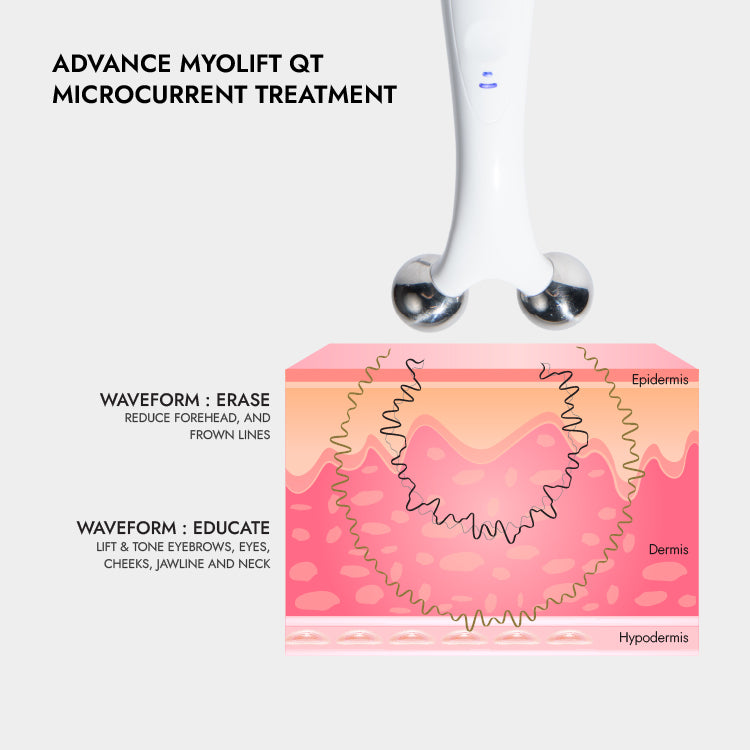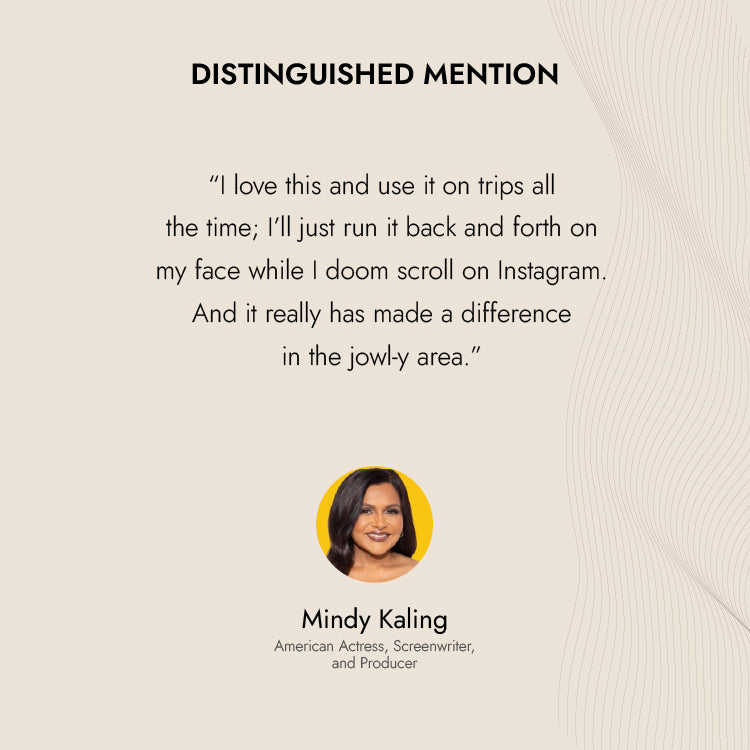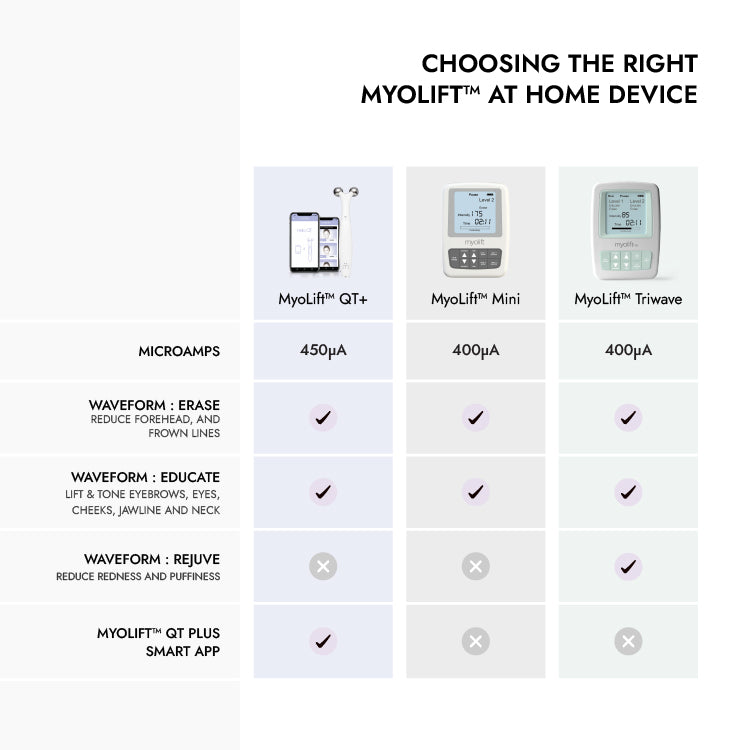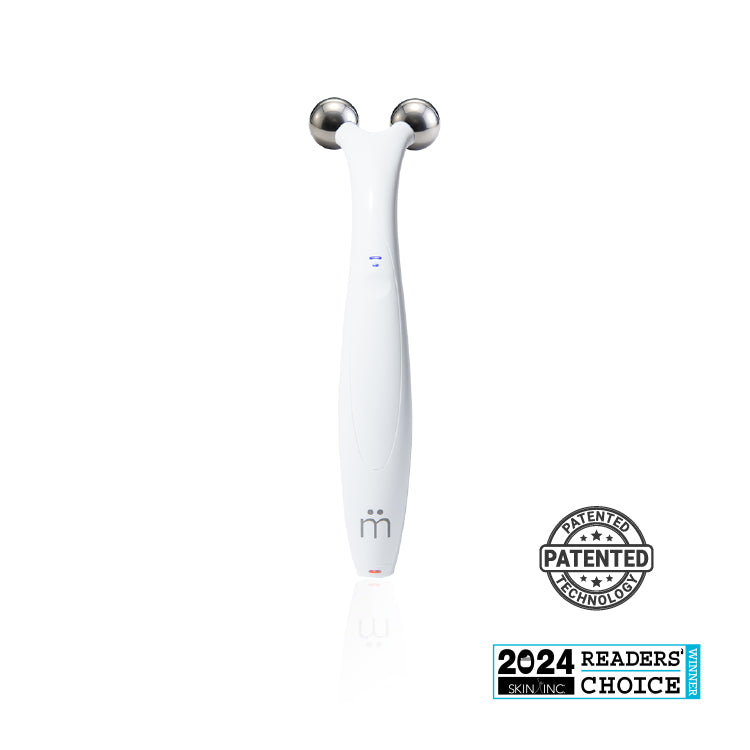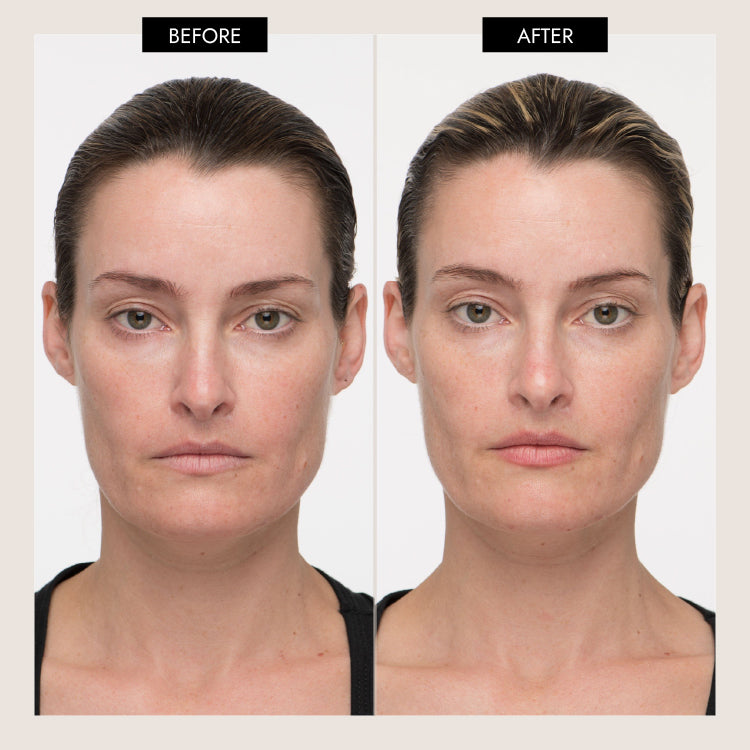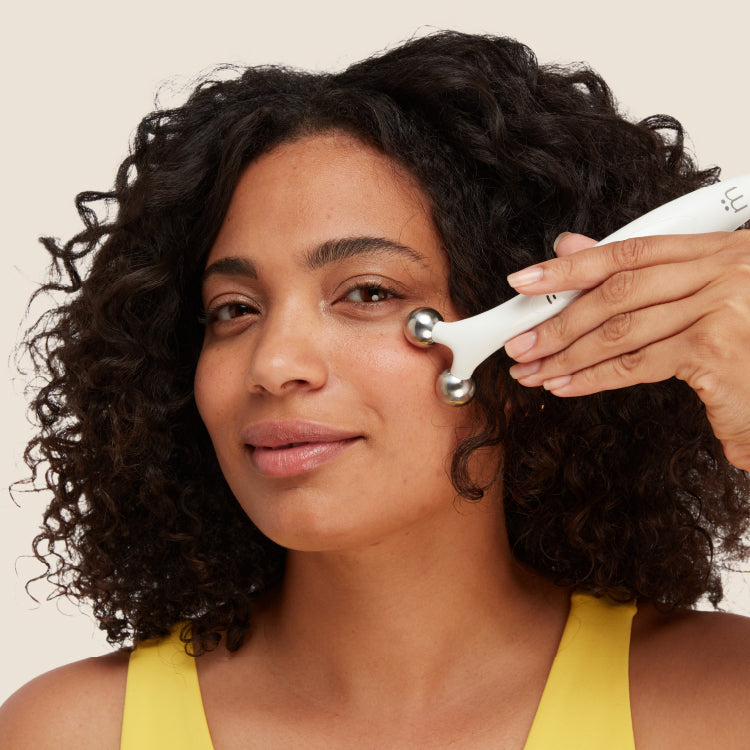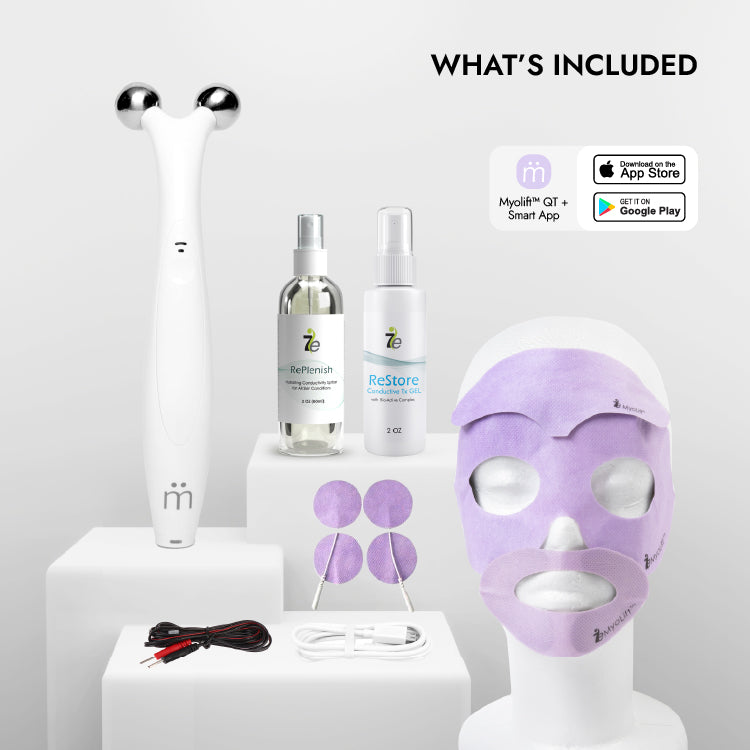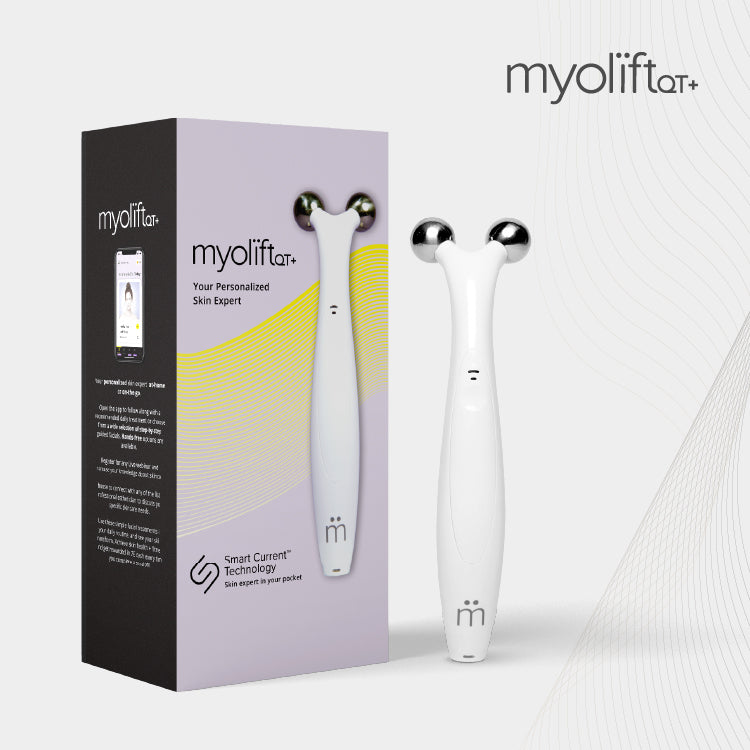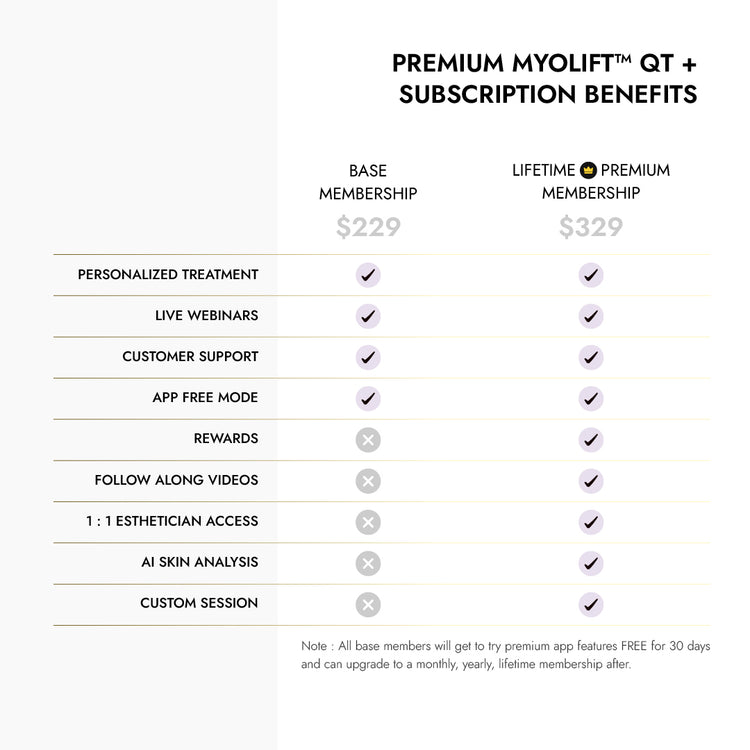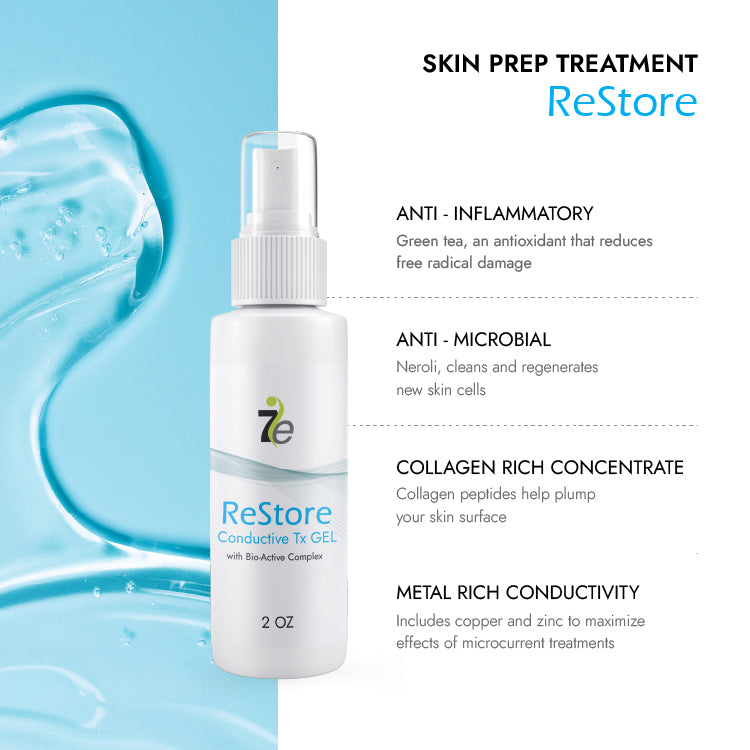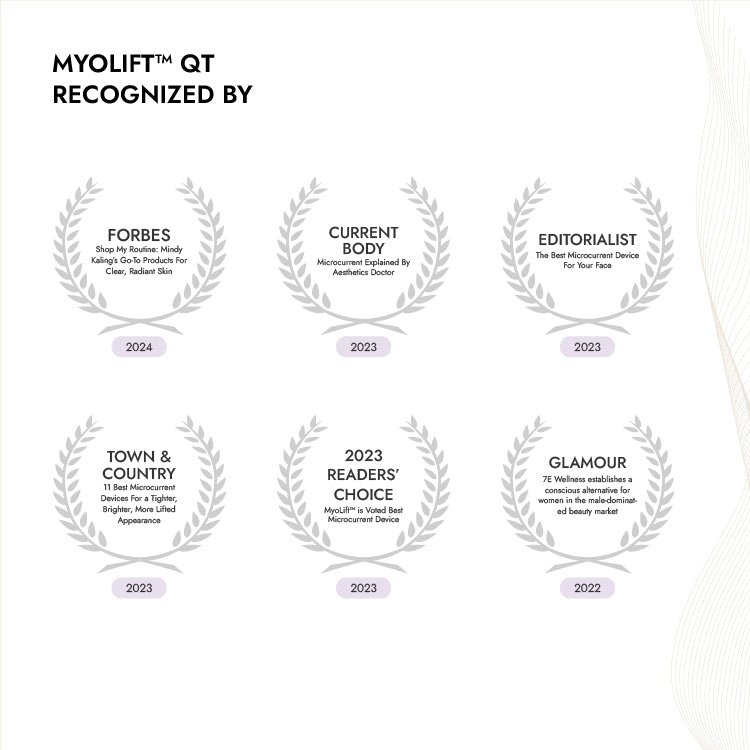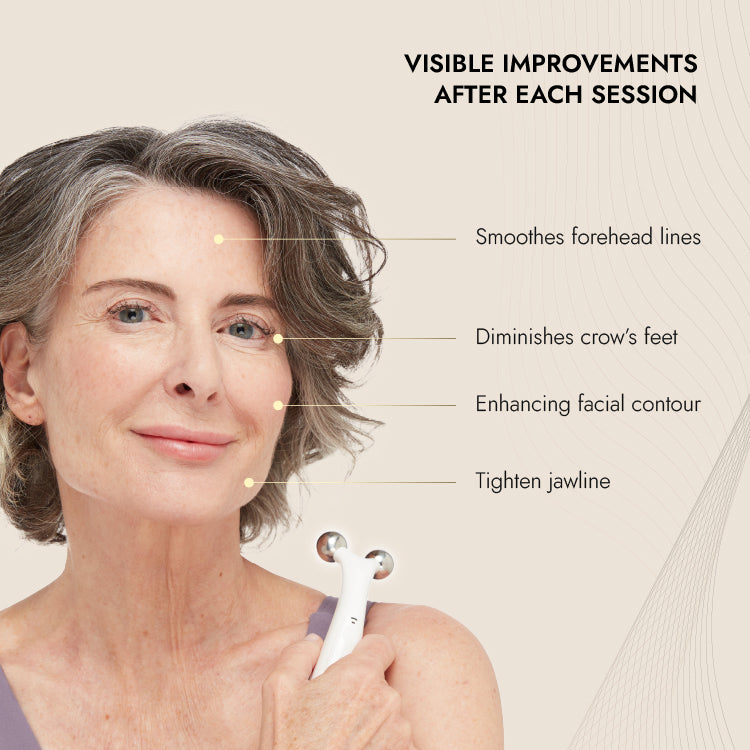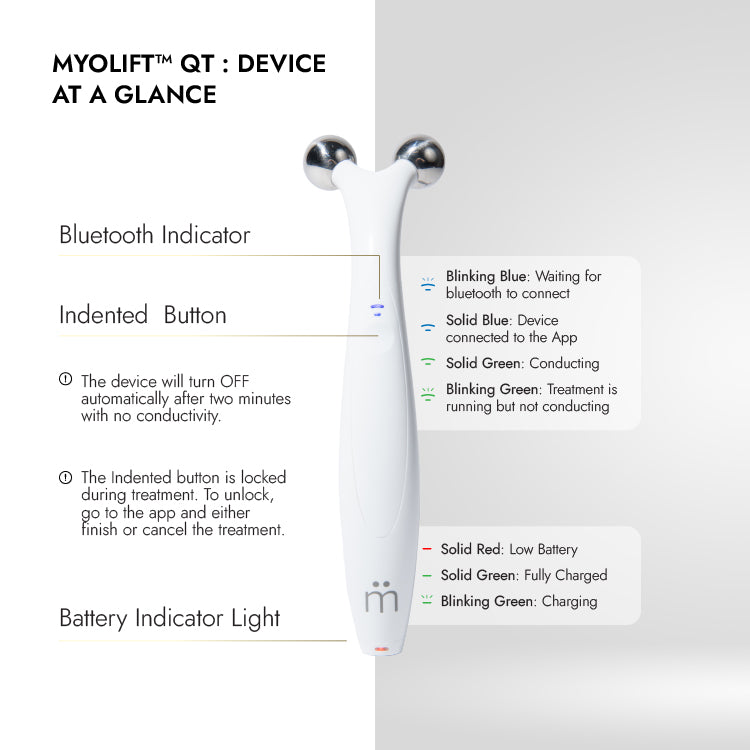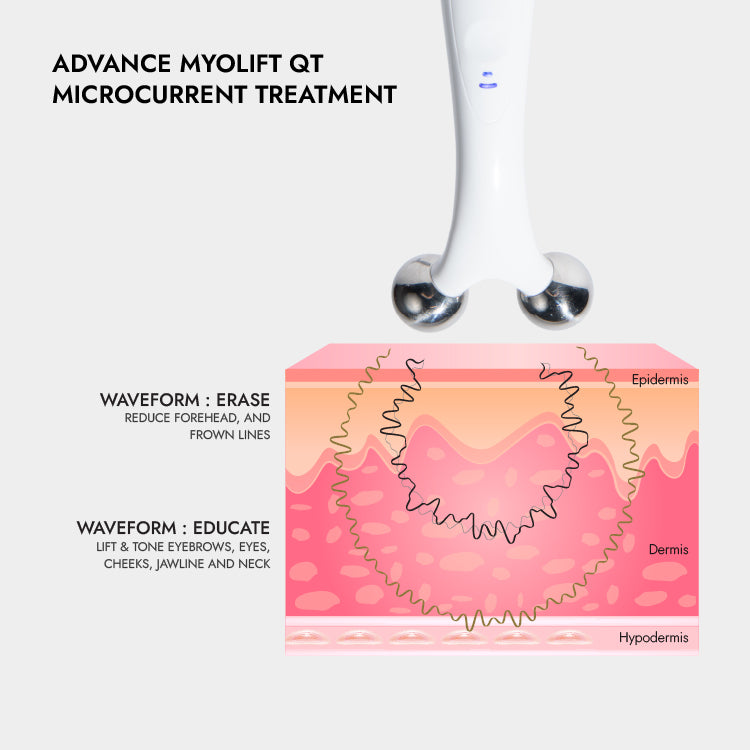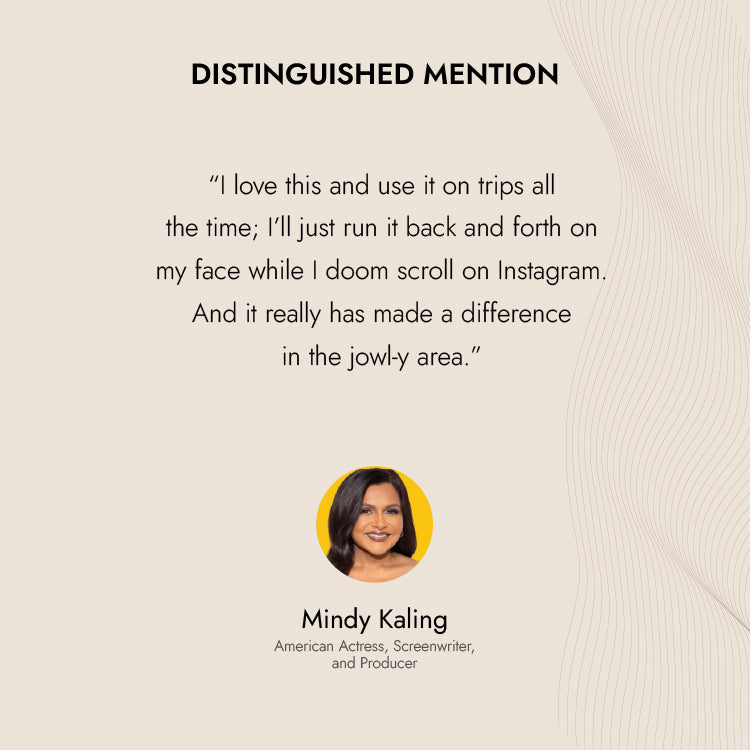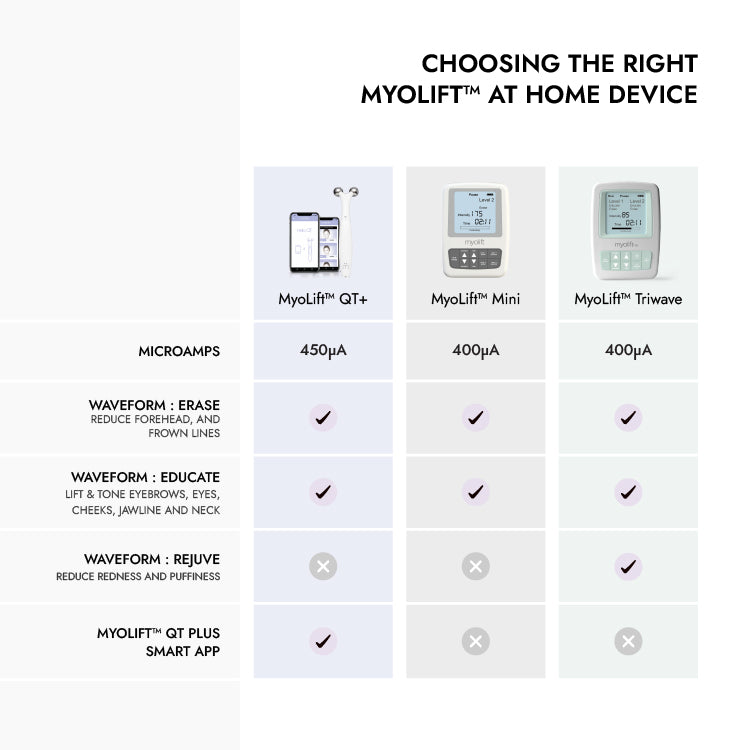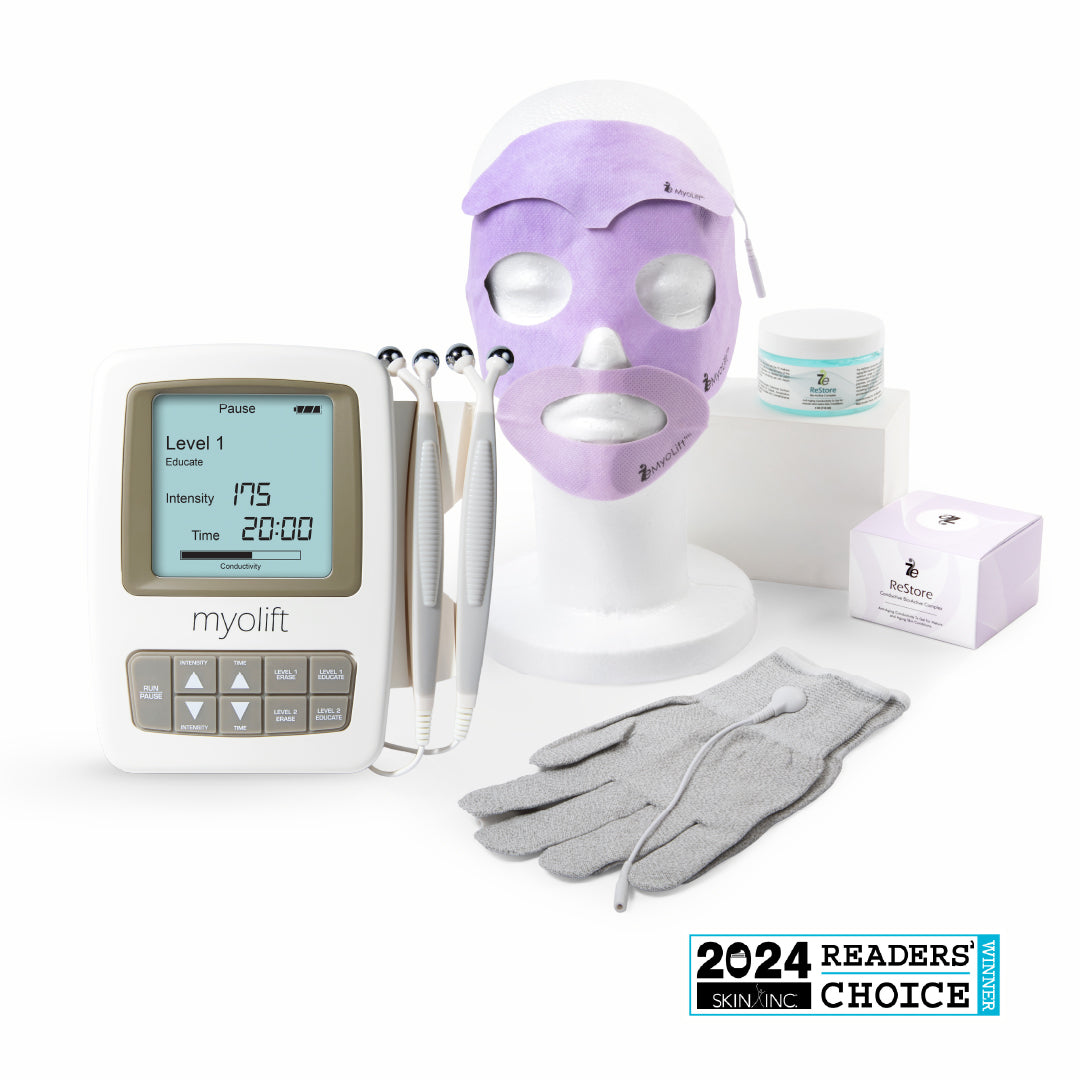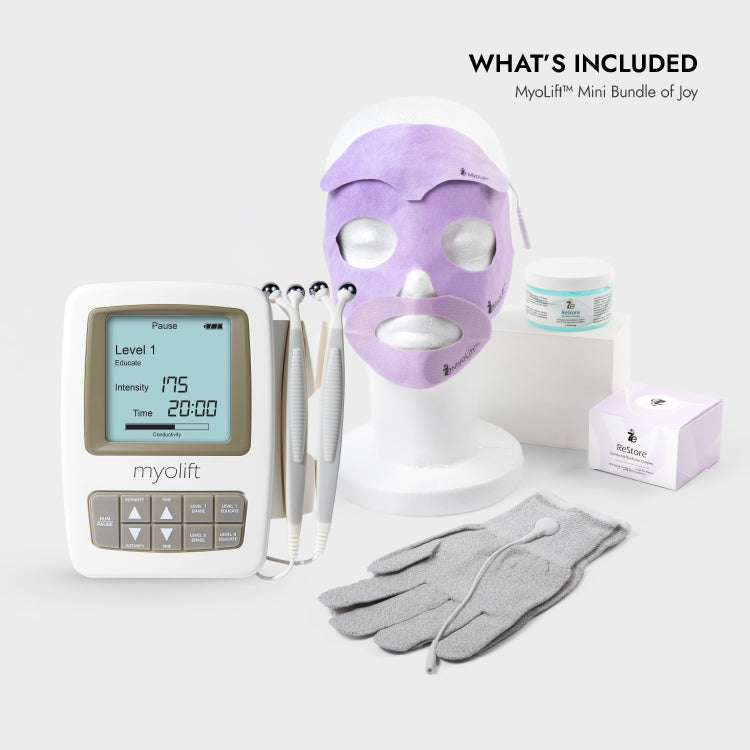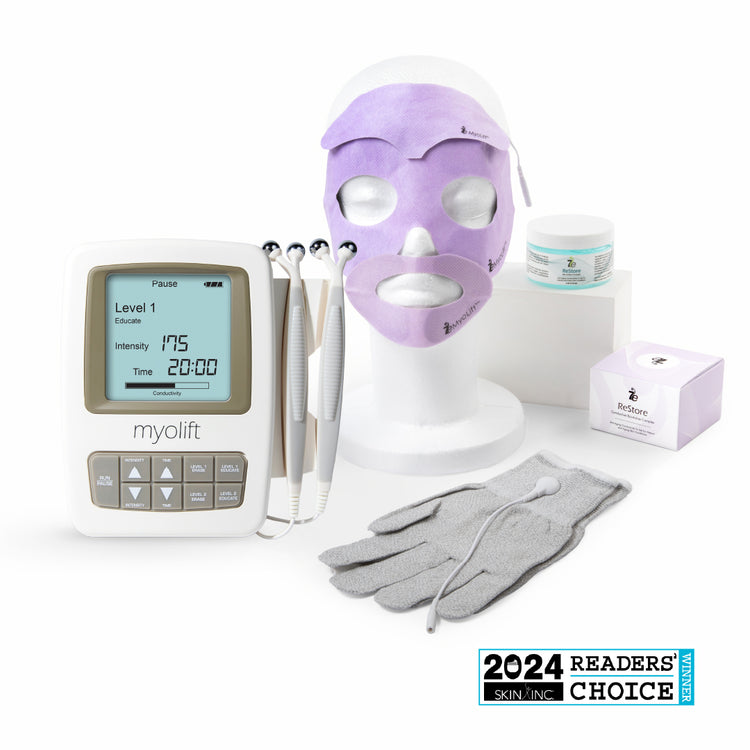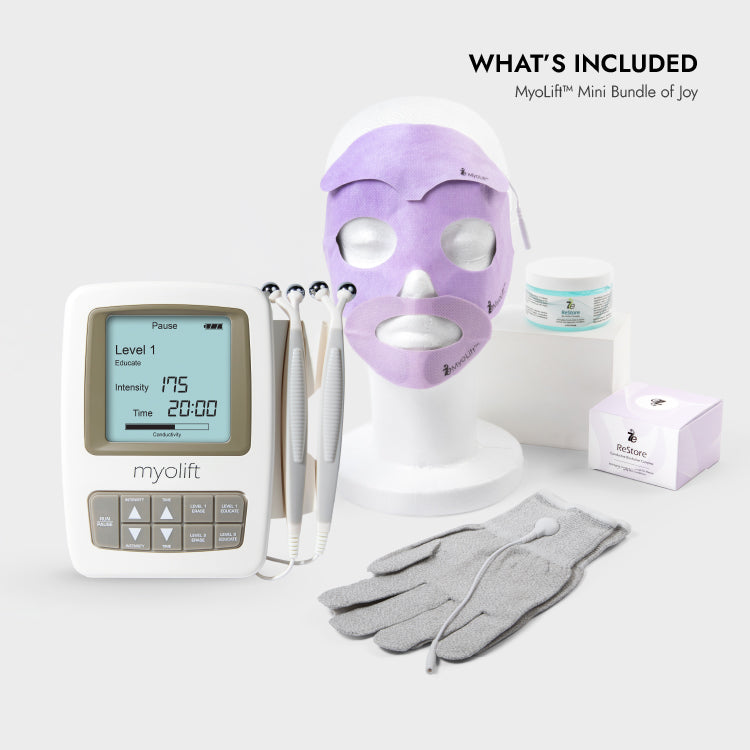How Does Nutrition Impact Skin Health and What Should You Eat?

Beautiful skin starts with nourishment from within our bodies. Old cells are constantly shed and replaced by younger ones and a steady supply of micronutrients is essential to support this rapid growth. Eating the correct balance of food you will feed your skin the vital nutrients it needs to help it stay soft, supple and free of blemishes.
Along with eating your way to healthy skin, here at 7E our estheticians can help develop a facial treatment and regimen plan to keep your skin healthy, bright and glowing. Proper skincare along with proper nutrition are two very important ways to maintain beautiful skin. Follow these tips below and come in to 7E for our Skinlite treatments to get that glow back!
Eat your Five!
Vegetables and fruit contain powerful antioxidants that help protect the skin from cellular damage caused by free radicals. Free radicals are caused by sunlight, smoking and pollution, and can cause wrinkling and age spots. Eat a rainbow of colorful fruit and vegetables and aim for at least FIVE portions a day. For more information on the most antioxidant-rich fruits and vegetables, we recommend checking out this article!
Vitamin C!
Oregon State University published a study overviewing the connection of Vitamin C to our skin health. It is important to keep in mind that Vitamin C is a super antioxidant, it is needed for a strong immune system, radiant skin and helps blemishes heal properly. The best sources are blueberries, broccoli, guava, kiwi, oranges, papaya, strawberries and sweet potatoes. They all help to produce collagen that strengthens the capillaries that supply the skin.
Cut out Crash Diets!
Repeatedly losing and regaining weight can take its toll on your skin, causing sagging, wrinkles and stretch marks. Crash diets are often short in essential vitamins too. Over long periods of time this type of dieting will reflect on your skin.
Stock up on Selenium
Selenium is a powerful antioxidant. It works alongside other antioxidants such as vitamins E and C and is essential for the immune system. Studies suggest that a selenium-rich diet can help to protect against skin cancer, sun damage and age spots. Good sources are fish, shellfish, broccoli, pinto beans, spinach, brazil nuts, chia and flax seeds.
Vitamin E
Vitamin E protects skin from cell damage and supports healthy skin growth. Foods high in vitamin E include almonds, avocado, hazelnuts, pine nuts and sunflower and corn oils.
Drink Up
Skin needs moisture to stay flexible. Even mild dehydration will cause your skin to look dry, tired and slightly grey. Drink six to eight glasses of water a day - all fluids count towards your daily allowance, but water is the best. If you work in an office, keep a large bottle of water on your desk to remind you to drink. Herbal, caffeine-free teas are good too. For more ideas on how to increase your skin's hydration, we look to this study from UW Health!
Don't be afraid of fat
Monounsaturated and polyunsaturated fats - the types found in avocados, fish, nuts and seeds - provide essential fatty acids which act as a natural moisturizer for your skin, keeping it supple. These fats also come packaged with a healthy dose of vitamin E (a vitamin many of us lack), which will help protect against free radical damage.
Eat more phyto-estrogens
Phyto-estrogens are natural chemicals found in plant foods. They have a similar structure to the female sex hormone oestrogen and have been found to help keep our natural hormones in balance. There are different types, some are found in soya bean products (isoflavones), whereas others are found in the fibre of wholegrains, fruit, vegetables and flax seeds (lignans). Include phyto-estrogen rich soya, wholegrains, fruits and vegetables as part of a balanced diet.
Omega-3
Make sure you get enough omega-3 and omega-6 fats. These are essential fatty acids which mean they cannot be made in the body and must be obtained through the diet. You will find omega-3s in oily fish and plant sources such as flaxseed oil, linseeds, and walnut oil. Omega-3 fats encourage the body to produce anti-inflammatory compounds, which can help skin, particularly inflammatory skin conditions such as eczema and psorasis.
Low-GI carbs
Eat plenty of beans, porridge and other slow-releasing carbohydrates. These release sugar into the blood stream gradually, providing you with a steady supply of energy and leaving you feeling satisfied for longer and therefore less likely to snack. Avoid high GI carbohydrates like breads and sugary drinks, as they lead to production of insulin, which may damage collagen and accelerate wrinkles.
Don't forget Zinc
Zinc is involved in the normal functioning of the sebaceous glands, and help to repair skin damage and keep skin soft and supple. Zinc-rich foods include fish, lean red meat, whole grains, poultry, nuts, seeds and shellfish.









